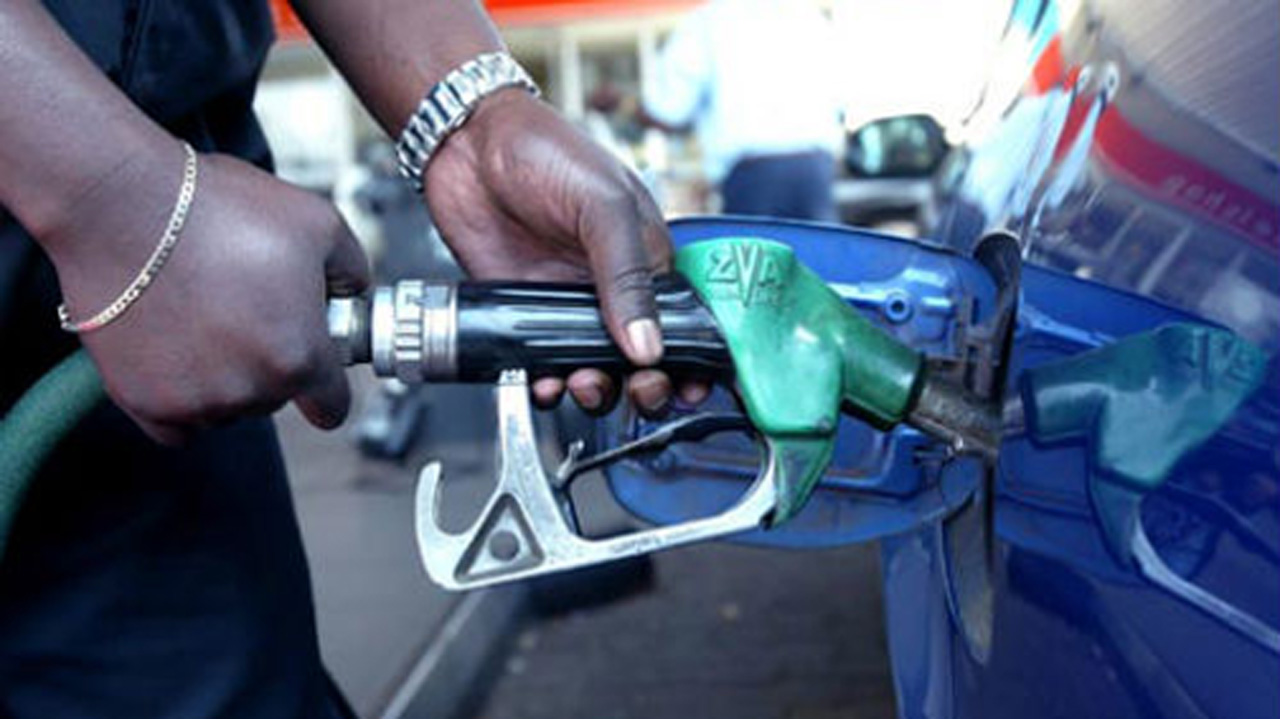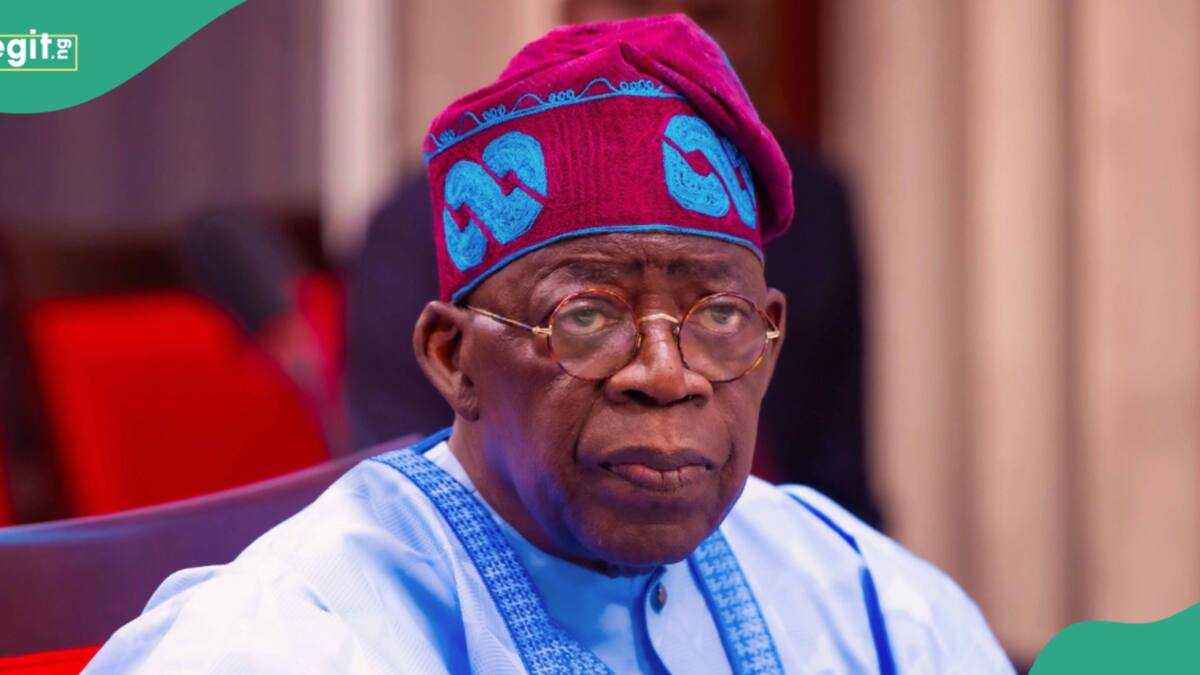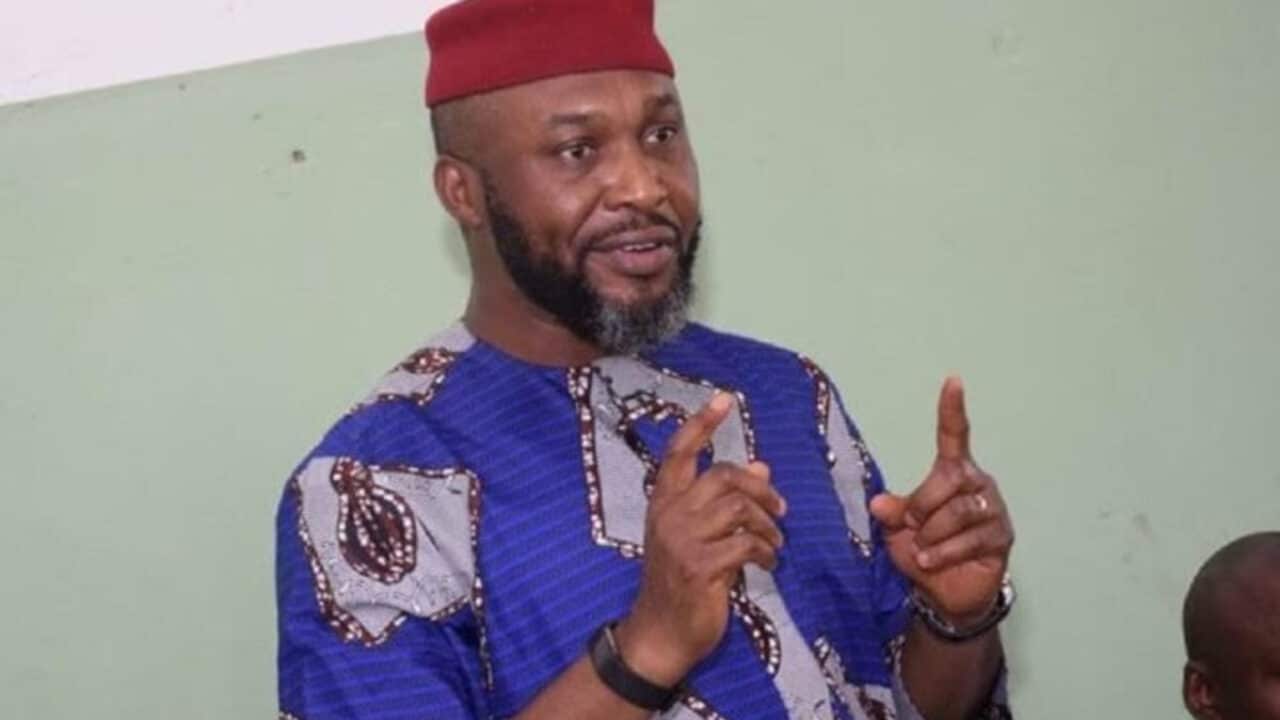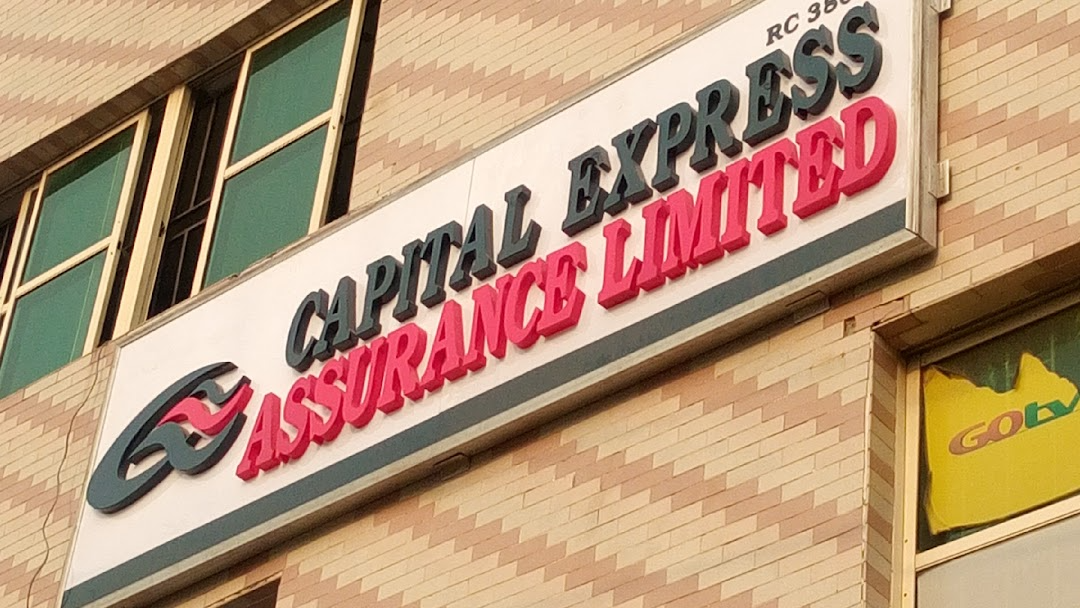The Minister of Finance and Coordinating Minister of the Economy, Wale Edun, has confirmed that the federal government is planning to raise the Value Added Tax (VAT) rate to 15%, but emphasized that the hike will largely target luxury goods.
Speaking at an investor forum during the IMF/World Bank Annual Meetings in Washington, D.C., Edun clarified that the proposed VAT increase, currently under consideration by the National Assembly, will be applied gradually and will primarily affect luxury items.
Essential goods, especially those consumed by poorer and vulnerable Nigerians, will continue to be exempt from VAT or attract a zero rate.
“In terms of VAT, President Bola Tinubu’s commitment is that while implementing difficult and wide-ranging but necessary reforms, the poorest and most vulnerable will be protected.
“So, the Bills going through the National Assembly in terms of VAT will raise VAT for the wealthy on luxury goods, while at the same time exempting or applying a zero rate to essentials that the poor and average citizens purchase,” Edun explained.
He further assured that the government will release a list of essential goods exempted from VAT at a later date to provide clarity to the public.
Positive Outlook for the Oil Sector
Edun also shared a positive outlook on Nigeria’s oil industry, attributing future growth to improved security in oil-producing regions and significant investments from major players like Total and ExxonMobil.
He projected that these developments would lead to increased oil production and a boost in foreign exchange earnings for the country.
Full Implementation of Subsidy Removal
Touching on the removal of fuel subsidies, the Finance Minister clarified that while the policy had been announced earlier, the complete removal only took effect last month.
He highlighted that the economic benefits of this move, particularly the savings generated, will become more apparent in the coming months.
Issuance of Domestic Dollar Bonds Despite IMF Concerns
When asked about the possibility of Nigeria entering into an IMF program, Edun noted that the Tinubu administration had moved forward with issuing domestic dollar bonds, even though the IMF had advised against it.
He reiterated that Nigeria maintains its autonomy in financial decision-making while continuing its partnership with the IMF, benefiting from the institution’s support.

 1 month ago
128
1 month ago
128














 English (US) ·
English (US) ·